5 social media “sins” M’sian brands need to stop doing or risk being cancelled
Following Darsa Fried Chicken's recent alleged racially charged controversy, here's what brands should do before posting on social media.
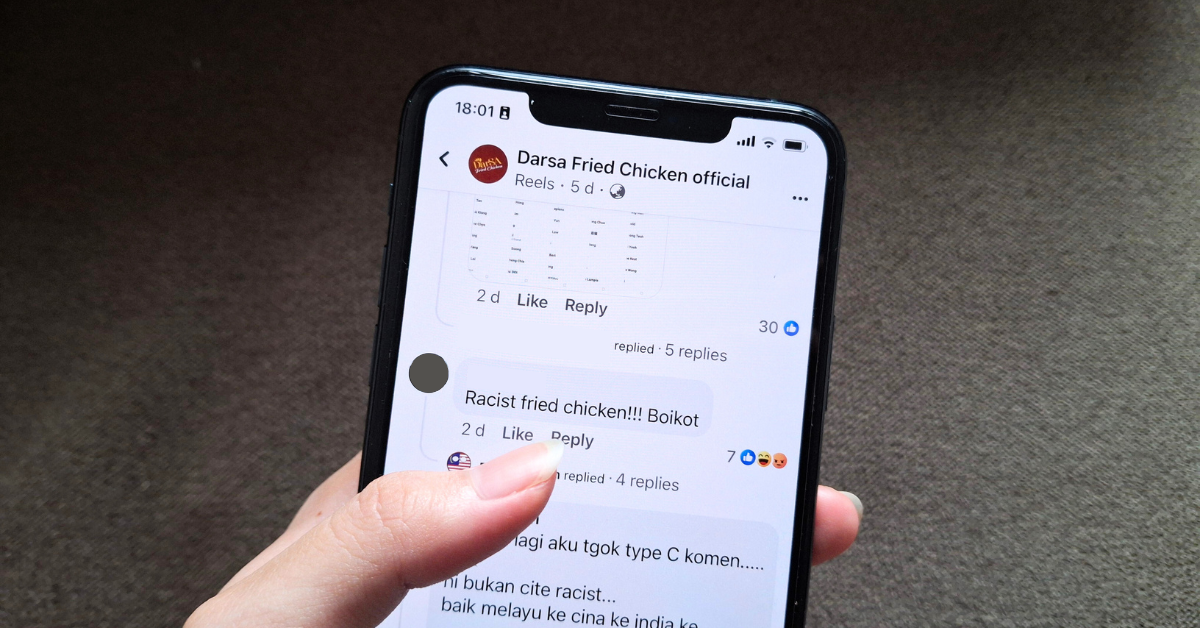
If you’ve been on the internet lately, you might have seen the term “Type C” trending. And we’re not talking about the USB-C cables or anything of the sort.
For those who are confused, this is referring to a situation with a brand called Darsa Fried Chicken. Based in Rawang, this local fried chicken joint recently found itself facing some controversies and calls for boycotts for supposedly making some racially charged comments. Netizens believe that their use of “Type C” was referring to Chinese individuals.
The brand later apologised for the remark, claiming that it had been a mistake by an employee who was in charge of managing the brand’s Facebook account.
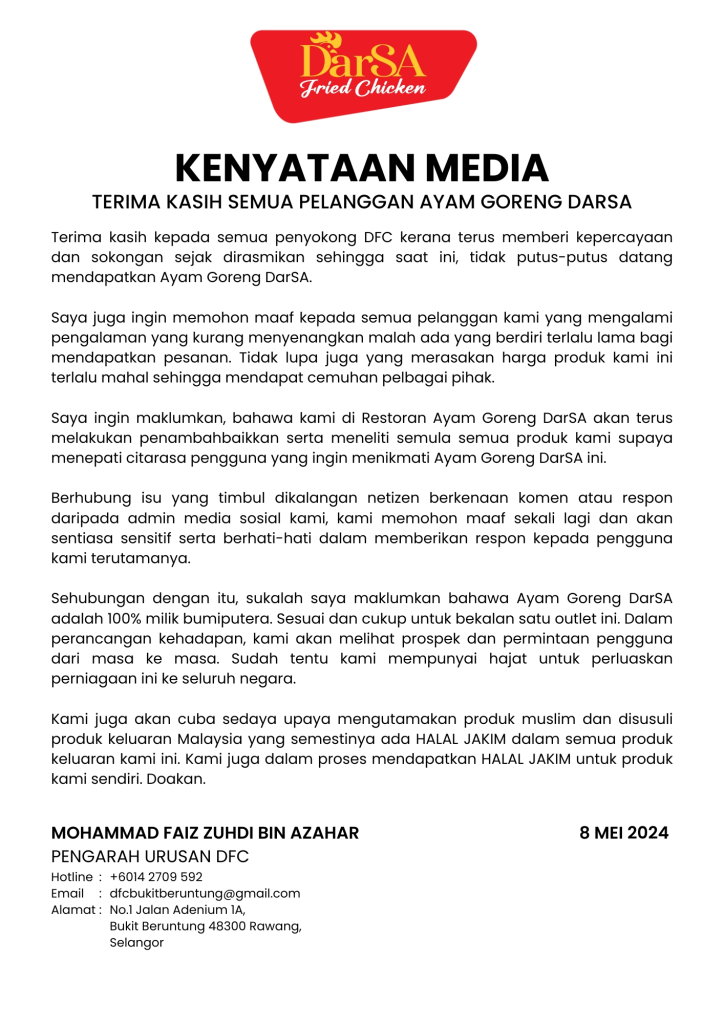
They added that they have since hired someone more experienced to manage their social media.
But of course, the damage has been done, and many netizens are still expressing disappointment over how the brand conducted themselves online.
This incident made us think, what are some lessons that brands could learn in order to avoid the same pitfalls that Darsa Fried Chicken and many other local brands have ended up in?
It’s an important conversation to have, for several reasons:
Consumers today are much more conscious of cultural sensitivities, and expect the brands they like to align with their beliefs The internet has enabled information to flow faster than we can control, so any controversy can easily spread like wildfire even if you didn’t think anyone would care or notice The market is saturated with similar brands across different industries, if a consumer thinks a brand doesn’t align with their beliefs, they can easily switch to your competitorSo, we’ve listed five things that brands should not be doing when it comes to their social media marketing strategies.
1. Making discriminatory remarks
This point, of course, is exemplified by Darsa Fried Chicken’s controversy.
Even though they did not explicitly mention any specific communities of people, netizens believe that it’s quite clearly implied that they’re referring to the Chinese community. The brand’s apology never clarified whether the allegations were true or not either.
This goes to show that even if you’re only making implicit statements, once consumers think they’ve sniffed out some discrimination, they’ll be sure to let the whole world know.
So, while the incident ended up drawing a lot of attention to the fried chicken brand, much of it was negative. And no, bad publicity isn’t always a good thing.
Malaysia is a multiracial and multicultural country, so it’s important to keep in mind to treat each other with kindness, if not for our unity, then for your business prospects.
2. Guilt-tripping your customers
Emotional appeal has long been a marketing tactic. Think of all the sad and heartfelt advertisements you’ve watched throughout your life, whether it be for an insurance company or one of Petronas’ tearjerking videos.
However, there comes a point when it stops being emotional appeal, and becomes emotional manipulation instead.
An example where this might have happened was with Jobbie Nut Butter, a Malaysian natural nut butter brand.
In 2020, Jobbie had announced that they would be going bankrupt soon, which in turn garnered support and generated sales for the brand.
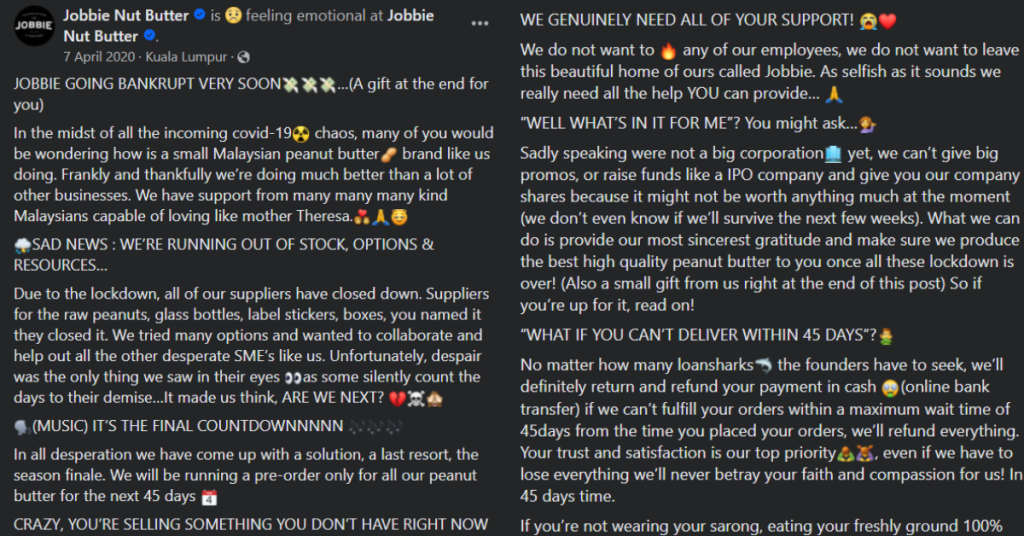
However, Vulcan Post later learnt that they had pulled a similar stunt some years back, and interviewed their CEO to get their side of the story.
While there’s no shame for businesses to admit that they’re struggling, it’s not a good idea to repeatedly capitalise on hardships (especially ones that might be made up) as a way to trick loyal customers into forking over their hard-earned money.
As long as your product is good, it should naturally welcome customers without needing to create or exaggerate a sob story.
This might be a lesson that Jobbie has learnt, as the homegrown company has continued to sustain itself despite their bankruptcy fears years ago.
3. Backtracking on past statements
Remember, everyone, the Internet never forgets.
Chances are, if a business (especially ones with a sizeable presence) has ever made any statements about themselves, that statement would continue to persist somewhere on the interwebs, even if it’s been taken down by the business.
An example of this can be seen with ZUS Coffee when they changed up their explanations of their brand name and logo’s origins.
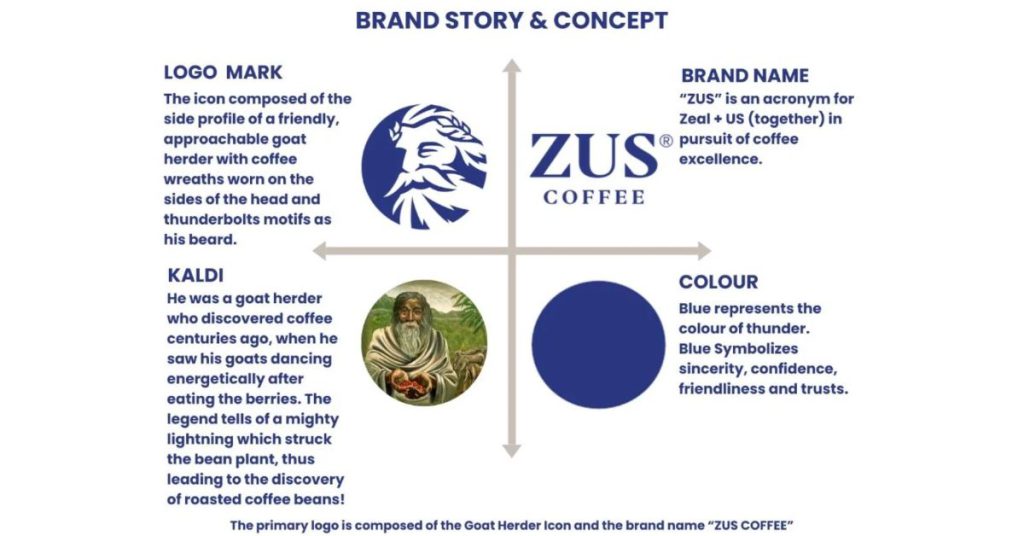 Image Credit: ZUS Coffee
Image Credit: ZUS Coffee It’s now been established that ZUS Coffee’s logo is a reference to a person named Kaldi’s, rather than Zeus. They also say that the name doesn’t reference him either, but instead is a portmanteau of Zeal and US.
However, there are old screenshots that show how the homegrown coffee chain actually made references to the mythological Greek god.
This makes it seem like their present-day explanations are just backtracking past statements. While not inherently wrong, this behaviour may cultivate a sense of mistrust. Customers might not easily believe the business now that they’ve shown to be wishy-washy about past statements.
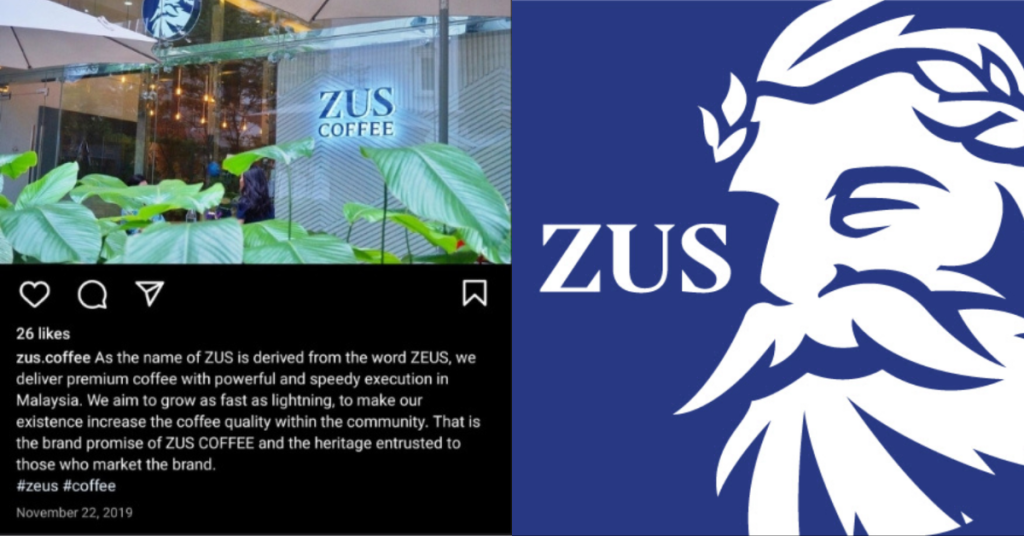 Image Credit: ZUS Coffee
Image Credit: ZUS CoffeeWith this in mind, it seems like Malaysian netizens would much prefer transparency and honesty when it comes to matters like this.
4. Pushing out tone-deaf ads
Making tone-deaf statements is bad enough, but using your marketing budget to create whole advertisements that are tone-deaf is much worse as it implies that a whole production was made based on that tone deafness.
A lot of the times, big corporations may fall into the trap of being tone-deaf when trying to be funny or relatable. An example of this would be BIG Pharmacy’s ad that went live just last November. Created for Deepavali, this ad unfortunately contained content that many believed was offensive towards Indians.
The video ended up drawing millions of views on various platforms, which opened up the business to a lot of criticisms.
It goes to show how important it is to have someone who speaks to the culture that you’re celebrating or referencing on the team.
5. Giving half-hearted apologies
Now, it’s inevitable for brands to make mistakes every now and again. When that happens, it’s critical to take accountability and apologise for the mistakes.
And when we say apologies, we mean a genuine one that addresses the situation instead of brushing it off or making vague statements. Even better, it would be great for the business to actually list out the specific actions they will take to rectify the issue.
What we don’t want to see is half-hearted statements that fail to actually apologise for the mistakes made. Worse yet are businesses who decide not to address the issue at all, but instead wait for things to blow over.
With the proliferation of social media and information, netizens value transparency more than ever. They’re also much more aware and educated about current events, and are empowered to speak up and take a stance about these issues.
Going forward, we hope to see Malaysian businesses being more mindful about their social media conduct.
And even if they do make a blunder, they will respond with integrity and accountability.
Learn more about Darsa Fried Chicken’s controversy that started it all here. Read other articles we’ve written about Malaysian startups here.Featured Image Credit: Darsa Fried Chicken

 Lynk
Lynk 
































